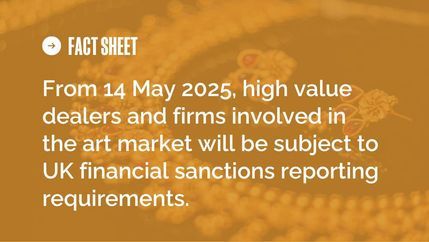
At the end of March 2023, the UK Government issued its second economic crime plan. The first plan published in 2019 set out to develop a greater understanding of the threat posed by economic crime and how the UK could address the threat once it had a greater idea of the scope and nature of economic crime within its borders.
Economic Crime Act
After the Russian invasion of Ukraine, emergency legislation was passed to prevent money laundering and illegal financing of Russian oligarchs and to prevent UK property from being used for illegal means. The Economic Crime (Transparency and Enforcement) Act 2022 established the need for Companies House to create and maintain a register of overseas entities that had an interest in UK property and to ensure that the beneficiaries of UK property were known to Companies House. This would prevent criminals from using shell companies or other third parties to purchase property on their behalf, which usually makes it more difficult to link illegal activity back to them.
Verifying true beneficial owners
Propertymark long campaigned for the introduction of a Register of Overseas Entities. Property is a high-risk sector for money laundering because any foreign company can buy property in the UK without having a presence in the country. Criminal funds can be concealed and made to look legitimate through an untraceable ‘company’ and subsequently the purchasing of property. When agents try to determine the true, or ‘beneficial’ owners, they find only documents listing shell companies. Furthermore, houses bought with laundered money often sit empty, taking homes away from the market that could be used for families and having a further negative impact on the wider community. The British Overseas Territories must now open their registers of beneficial ownership to provide further transparency and integrity in the UK housing market.
Confidence in the Register of Overseas Entities
In the next stage of the UK Government’s Economic Crime Plan, new investigative powers have been granted to Companies House to conduct ID checks on directors but also there has been widespread recognition that current AML legislation does not go far enough to prevent the scale of economic crime the UK is facing. What’s key for the property sector is for the UK Government to ensure that property agents can legally rely on the verification of beneficial owners on the Register of Overseas Entities as part of their own Customer Due Diligence.





